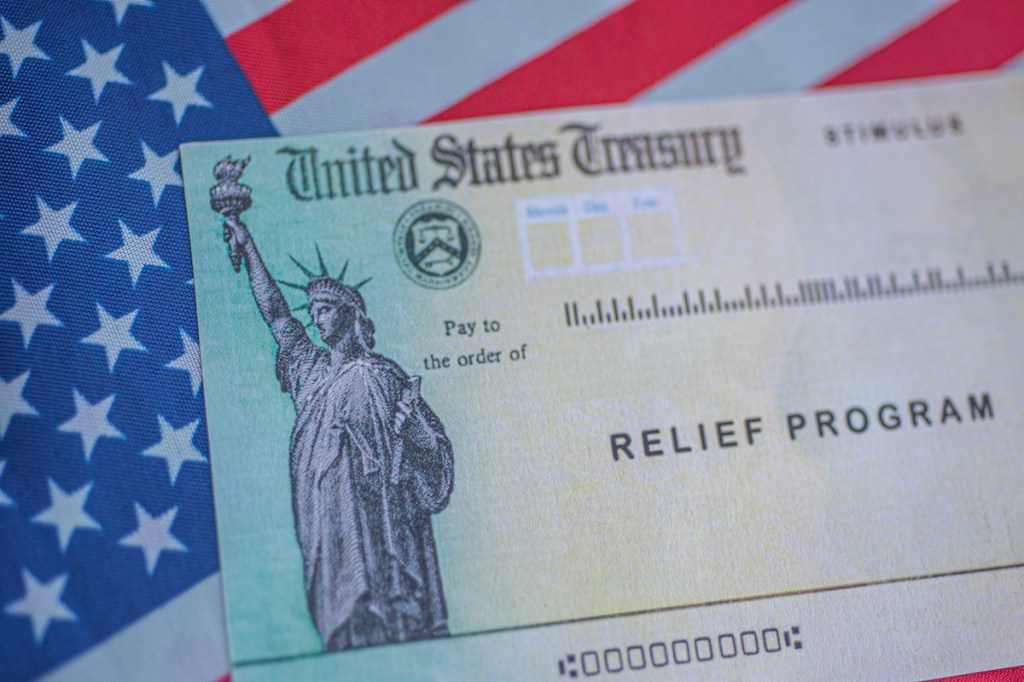President Donald Trump on Sunday officially signed the second COVID-19 relief and government stimulus bill, after a back-and-forth with Congress on the amount of money that will be sent directly to consumers.
The $2.3 trillion bill gives $600 in direct payments to each adult making less than $75,000, with a reduced amount for those making up to $87,000. Families with children will receive $600 per child, as well.
Included in the bill is $25 billion in dedicated rental assistance and $284 billion for a second round of forgivable Paycheck Protection Program (PPP) loans. The bill also extends the current CDC eviction moratorium until January 31, 2021.
Trump’s decision to sign the bill averts a government shutdown, but unemployment benefits for millions lapsed on Saturday night due to the delay.
How servicers continue to protect neighborhoods amid COVID
HousingWire recently spoke with MCS CEO Caroline Reaves about self-service technology, the shift to virtual events and how servicers can prepare for post-COVID success by improving processes today.
Presented by: MCS
The $900 billion stimulus bill was passed on Dec. 21 by Congress – only for Trump to threaten a veto if direct deposit amounts were not raised to $2,000 per person. He posted a video on Dec. 22 on Twitter calling the bill a disgrace and the $600 allotted payment “ridiculously low.”
The House on Monday will vote on that proposal to increase payments to $2,000 per person, however it’s unclear if the Republican-led Senate will take action on the president’s request.
The bill also earmarked $15 billion to assist movie theaters and live entertainment venues, and enhanced unemployment benefits will be extended by an extra $300 per week.






